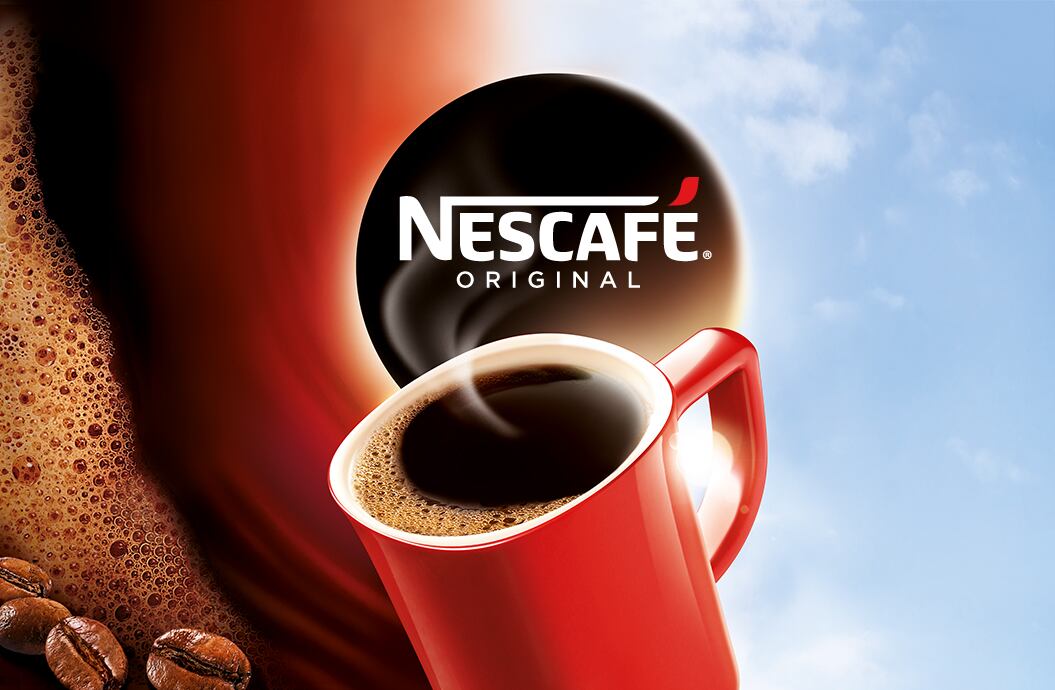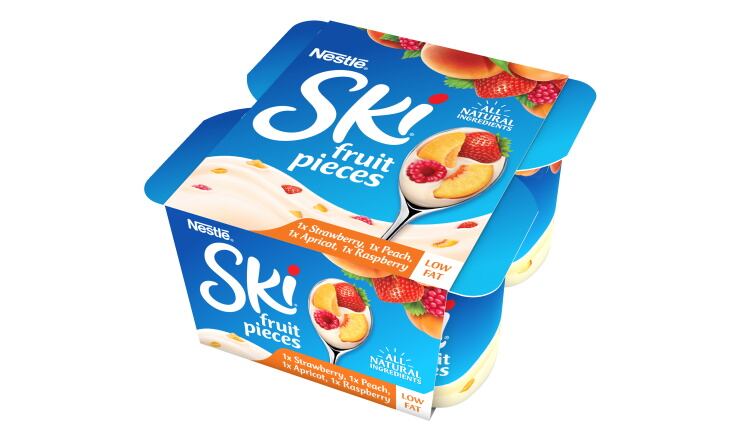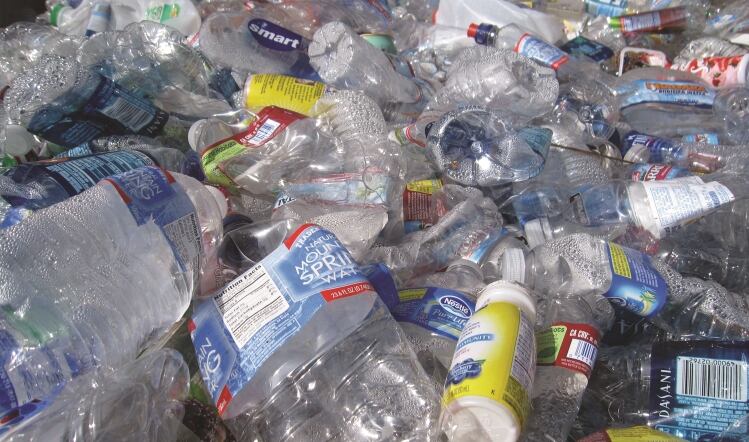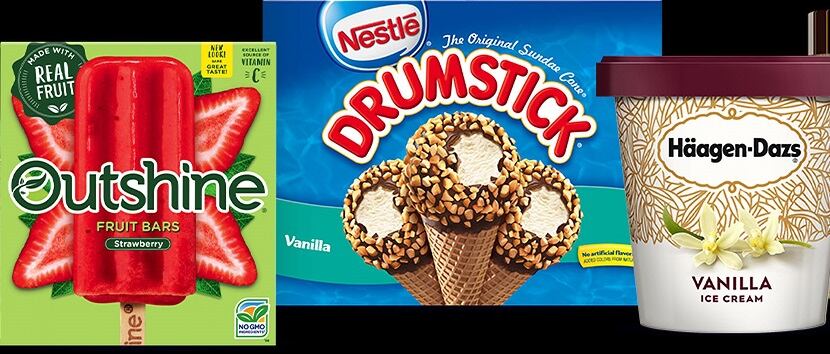The multinational said the decision would help it achieve 100% recyclable or reusable packaging – a target it announced in 2018 – and reduce the use of virgin plastics by one-third by 2025.
Initiated by France and the Netherlands, the European Plastics Pact has one goal: to accelerate the transition towards a circular plastics economy by stopping dependence on virgin plastics, which are made from non-renewable fossil fuel.
The pact brings together leading companies, as well as non-governmental agencies and governments, who are together committing to realise common goals by 2025 and going beyond current legislation.
European Plastics Pact targets include
• Reducing virgin plastic products and packaging by at least 20%;
• Raising collection and recycling capacity in Europe for plastic packaging by at least 25%;
• Boosting the use of recycled plastics in packaging to an average of at least 30%.
Announcing the move on 6 March, Marco Settembri, Nestlé chief executive for Europe, Middle East and North Africa, said: “We are pleased to sign the European Plastics Pact. One of our joint objectives is to create a circular economy by improving collection, sorting and recycling schemes across Europe.
“Already, today, a new Vittel plastic bottle is manufactured out of used ones. Tomorrow, we want to make sure that other packaging, such as our wrappers and pouches, can be recycled into new food packaging.”
The company said these objectives would not be easy. Any plastics used for food packaging must be ‘food-grade’, which means it cannot contain any substances harmful to humans. As a result, in order to achieve food-grade recycled plastics, recycling processes would have to evolve, Nestlé claimed.
The challenge for the food industry was that it was currently cheaper to produce packaging from virgin plastics than to use recycled food-grade plastics, it said.
Recycled food-grade plastics
To overcome this, Nestlé recently announced a more than CHF1.5bn (£1.2bn) investment in recycled food-grade plastics. This is designed to issue a clear signal to recycling companies to focus on recycled food-grade material and help create a new market.
Nestlé is also currently trialling a packaging-free system for dispensing Purina PetCare pet food and Nescafé soluble coffee. It has partnered with LOOP, a home-delivery service providing reusable packaging. The first products will soon become available in France.
To further accelerate the process of packaging innovation, Nestlé has launched a CHF250m (£200m) sustainable packaging fund. The money was primarily intended to support start-ups developing packaging innovation, including new materials, as well as refill systems and recycling solutions, it said.




